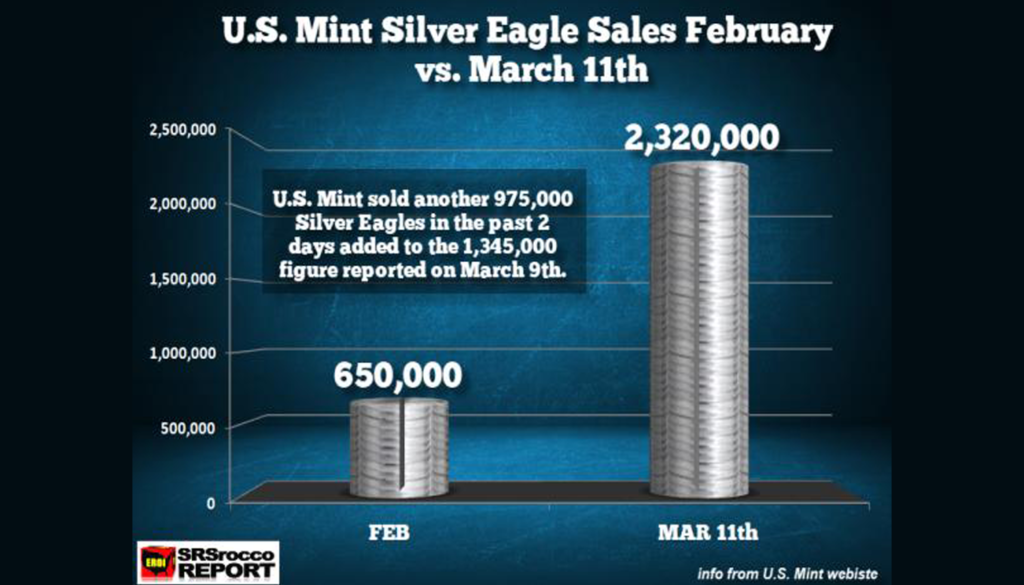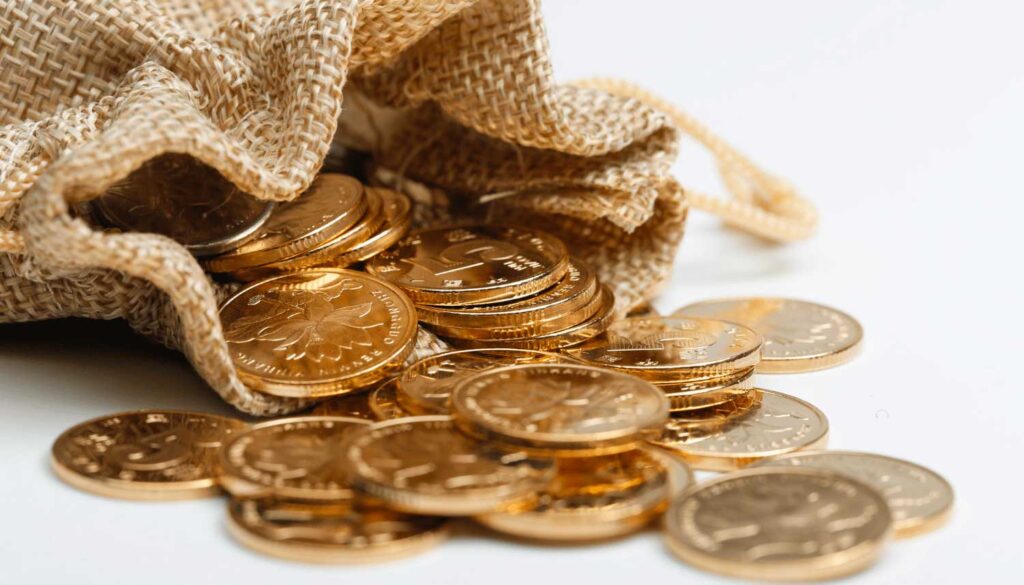The price of gold took a slight dip in the wake of Europe’s election mayhem on Sunday. Regardless, there was a telling uptick in safe-haven demand for the metal. Look no further than Europe to realize why that might be. Europe is in tatters, to say the very least, and there are growing signs to suggest that Greece was only a mere appetizer. The European cauldron continues to boil incessantly and has escalated in such a manner that has made gold look very, very appetizing indeed.
In the words of David Rosenberg, chief economist and strategist at Gluskin Sheff & Associates in Toronto, “Europe is a mess: politically, economically and fiscally”. For a while now, European leaders have been pushing for austerity measures and it has become painfully evident; not only have these measures failed, they have in fact exacerbated the problem.
“Immediate austerity, in recessionary economies, simply doesn’t work”, according to David Kelly, chief market strategist at J.P. Morgan.Stimulus payments have in the past been successfully repaid in growth; look no further than the recent revival of the American automobile industry. But the euro-zone is one with multiple causalities. You can’t expect austerity measures to successfully allow Greece to grow out of its debt, not in the least when 7 other economies in the Euro-zone are also in recession. The election of François Hollande has now compounded Greece’s problems by significantly clouding the outlook for the country. It remains to be seen if his actual drive against austerity will prove as powerful as his election rhetoric would make it seem. If so, there is statistical chance that Greece may eventually leave the euro-zone.
But it is perhaps telling that Greece has already taken a backseat as others have stolen the spotlight, emblematic of the expanding economic disrupt. Spain has become the new Greece. Unemployment in Spain is now amongst the highest in the developed world, totaling 24.4 percent, and the majority of those affected are in their early twenties, the generation of the future. Of the €298 billion in Spanish loans tied to property developers, more than 20 percent are non-performing. Spain’s banking sector is deteriorating rapidly and the country is facing widespread political unrest. Standard & Poor’s decision to downgrade Spain’s sovereign credit rating to BBB+ should have come as no surprise, but nonetheless, it sent the alarm bells ringing. The move will have a dire impact on Spain’s borrowing costs and will set interest rates sky high as investors seek to compensate for the higher risks involved.
Belgium, Ireland, Italy, the Netherlands, Portugal, Greece, Slovenia are also in recession. Beyond the euro-zone itself you can add Denmark, Czech Republic and now the UK to that list. Mr. Rosenberg stated, “in less than two years, we are now up to a total of seven European leaders or ruling parties that have been forced out of office, courtesy of the spreading government debt crisis…even Germany’s coalition is looking shaky in the aftermath of the faltering state election results”. The crisis has been escalating for two years now, and although it has compelled Asian and North American economies to distance themselves in a bid for damage limitation, there is only so much that can be prevented. If Europe further deteriorates, there will likely be far-reaching implications on the global economy.
For now, US treasuries, the US dollar and German bonds are still considered safe-havens for investors. But if the euro-zone crisis rapidly escalates, that might change very fast. That is why it was telling that today’s markets saw a slight uptick in safe-haven demand for gold. Many are already positive that gold is in for another bull cycle. What is certain is that Europe, and the course it takes over the next few weeks and months, will prove the defining factor for gold.
Jason Staeck at ProspectingJournal.com – May 8, 2012






